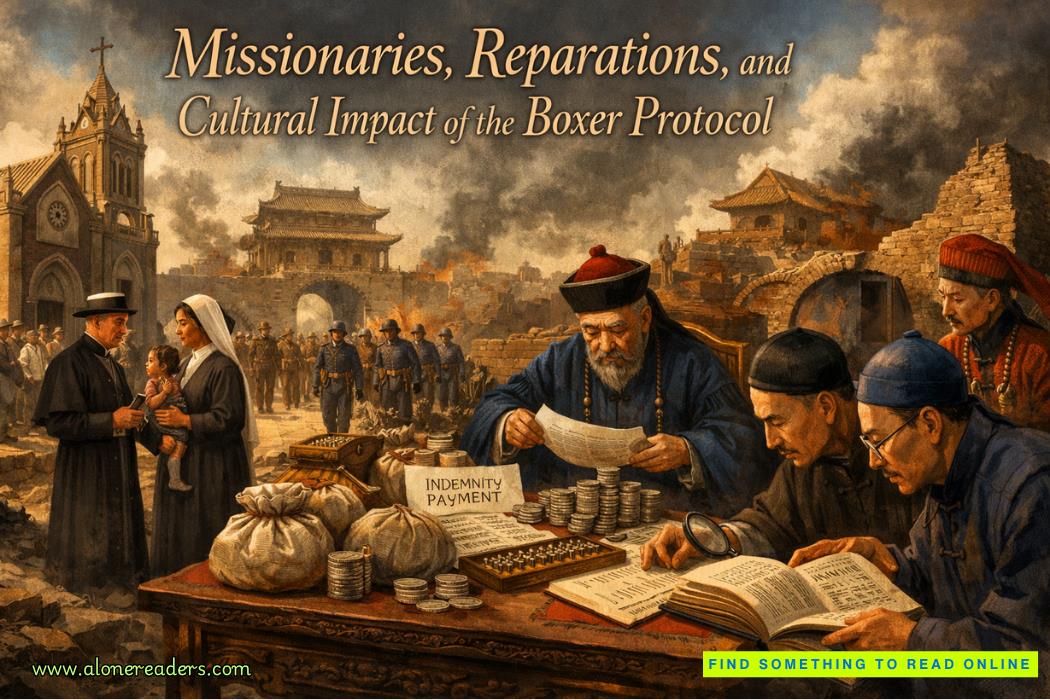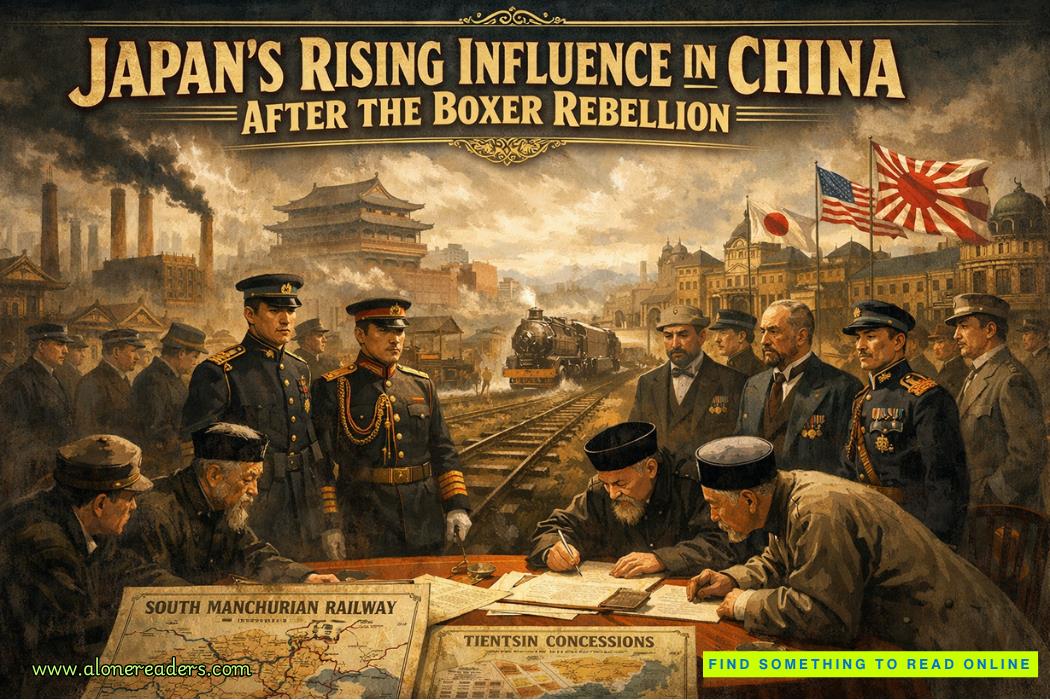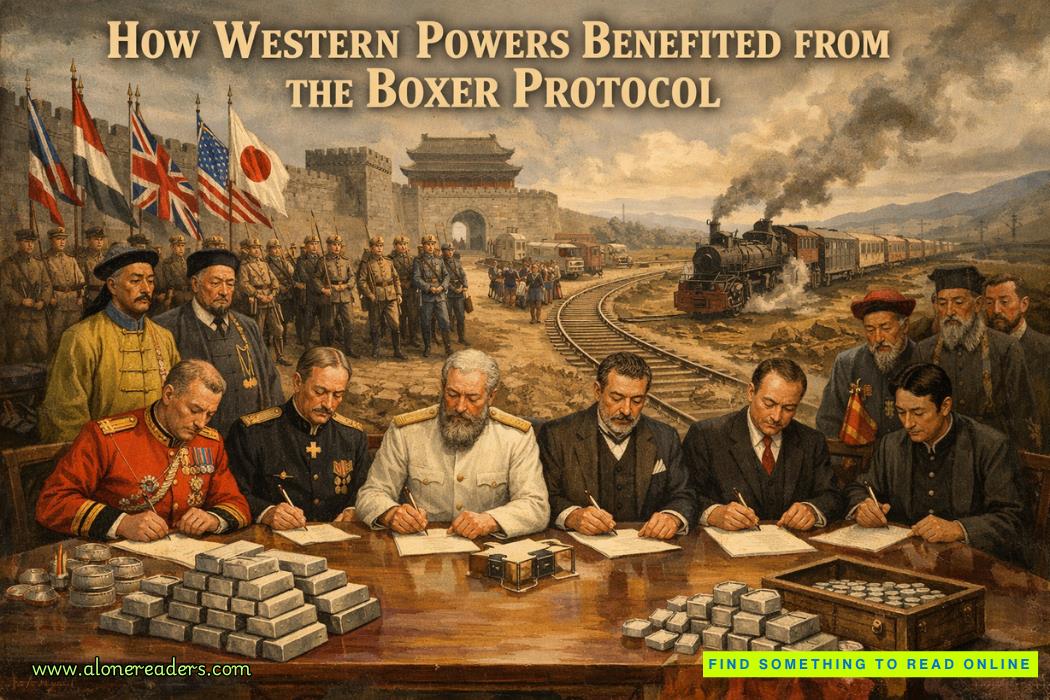Edmund went very still, and a frown formed between his brows. “Ashcombe? That pompous fool who’s been shopping for a new wife since his last one had the poor taste to die?”
“The very same.” She lifted her chin, trying to summon dignity in the face of humiliation. “Father considers it an excellent match. Lord Ashcombe is wealthy, titled, and willing to overlook my numerous deficiencies.”
“Your deficiencies.” The words were delivered with the sort of silken menace that had probably preceded duels in his younger days. “Enlighten me, Lady Isadora. What exactly does your father consider deficient about you?”
The question surprised her. Most men would have focused on the practical aspects—the settlements, the political advantages, the strategic benefits of the alliance. But Edmund was asking about her, as though her thoughts and feelings actually mattered.
“I’m too old, too opinionated, too independent for my own good.” The litany of failures spilled out with the bitter familiarity of old wounds. “I ask impertinent questions, involve myself in charitable work beneath my station, and worst of all, I’ve had theaudacity to reject three perfectly adequate proposals because I was foolish enough to hope for something more than a business arrangement.”
“And what were you hoping for?”
She tilted her head at this, allowing herself to truly think about what he was asking. What had she been hoping for? Love seemed like such a naive dream when spoken aloud. Respect? Understanding? The chance to matter to someone beyond her dowry and connections?
“To be seen,” she said finally. “Really seen, as more than just a commodity to be traded for political advantage.”
He lifted a brow. For a few seconds, his guard seemed to drop completely, and she glimpsed something lonely and lost that called to parts of herself she’d never acknowledged.
“Lady Isadora,” he said now, “I have come here to make you an offer.”
Her heart stuttered against her ribs. “What manner of offer?”
“Marriage.”
The word fell between them like a stone dropped into still water, sending shock waves through every assumption she’d made about her life, her future, her carefully ordered world. She stared at him, certain she’d misheard.
“I beg your pardon?”
“I need a wife.” His honesty was brutal, refreshing, terrifying. “Lillian requires guidance that I cannot provide—a woman’s influence, someone who understands the complexities of society and can help her navigate them safely. You demonstrated last night that you possess both the courage to protect those weaker than yourself and the intelligence to do so effectively.”
“You’re proposing marriage because I helped your ward?” Her voice sounded strangled, as though someone else was speaking through her throat. Her thoughts were reeling, her heart beating frantically. Of course she was willing to help him… but being his wife? That was not something she had considered, even for a second.
“I’m proposing marriage because you would be an asset to my household and to Lillian’s future. In return, I can offer you freedom from whatever fate your father has arranged, a position of considerable influence, and the resources to pursue whatever interests capture your attention.”
It was the most coldly practical proposal she’d ever heard. And yet, coming from him, it didn’t feel insulting. Instead, it felt honest—a recognition of what she could offer and what she might gain in return.
“And what of affection?” she asked, proud of how steady her voice sounded. “Love? The hope that marriage might be more than a convenient arrangement?”
Edmund’s expression shuttered, walls sliding into place behind his eyes with almost audible finality. “I have nothing to offer you in that regard.’.“
The brutal honesty should have sent her running. Oddly, it had the opposite effect. Here was a man who didn’t pretend, who offered no false promises or pretty lies designed to sweeten an essentially bitter pill.
“You’re asking me to choose between two loveless marriages,” she said, testing the words. “Lord Ashcombe, who would treat me as an ornament designed to warm his bed and manage his household, or you, who would treat me as a business partner with specific responsibilities.”
“The difference,” Edmund said, moving closer until she could see the flecks of gold hidden in his eyes, “is that Ashcombe would crush every spark of independence you possess. He would turn you into a pale shadow of yourself, smiling and simpering until you forgot you’d ever had thoughts of your own.”
“And you wouldn’t?”
“I would value your strength precisely because it is yours. Your intelligence, your compassion, your willingness to fight for those who cannot fight for themselves—these aren’t flaws to be corrected but assets to be treasured.” His voice dropped, becoming rough with something that might have been emotion. “I’ve seen what you’re capable of, Lady Isadora. Don’t let yourself be diminished by a man too small to appreciate what he’s been offered.”
Every word struck her as though she was a mere target waiting for an arrow’s sharp point. No one had ever spoken to her like this—with respect for her mind, admiration for her spirit, recognition of her worth as something more than decorative property.
“But you offer no love,” she whispered.
“No,” he agreed, though something passed across his features too quickly to interpret. “But I offer honesty. Respect. The freedom to be yourself without apology. Can Ashcombe promise the same?”
Before she could answer, Jenny’s voice carried a note of warning from her position by the door. “Your Ladyship, His Lordship has been pacing the hallway. I fear he may return soon.”
The reminder of Father’s presence sent fresh urgency coursing through her veins. In minutes, perhaps less, she would be forced to accept Lord Ashcombe’s proposal. The announcement would appear in tomorrow’s papers, and her fate would be sealed.















